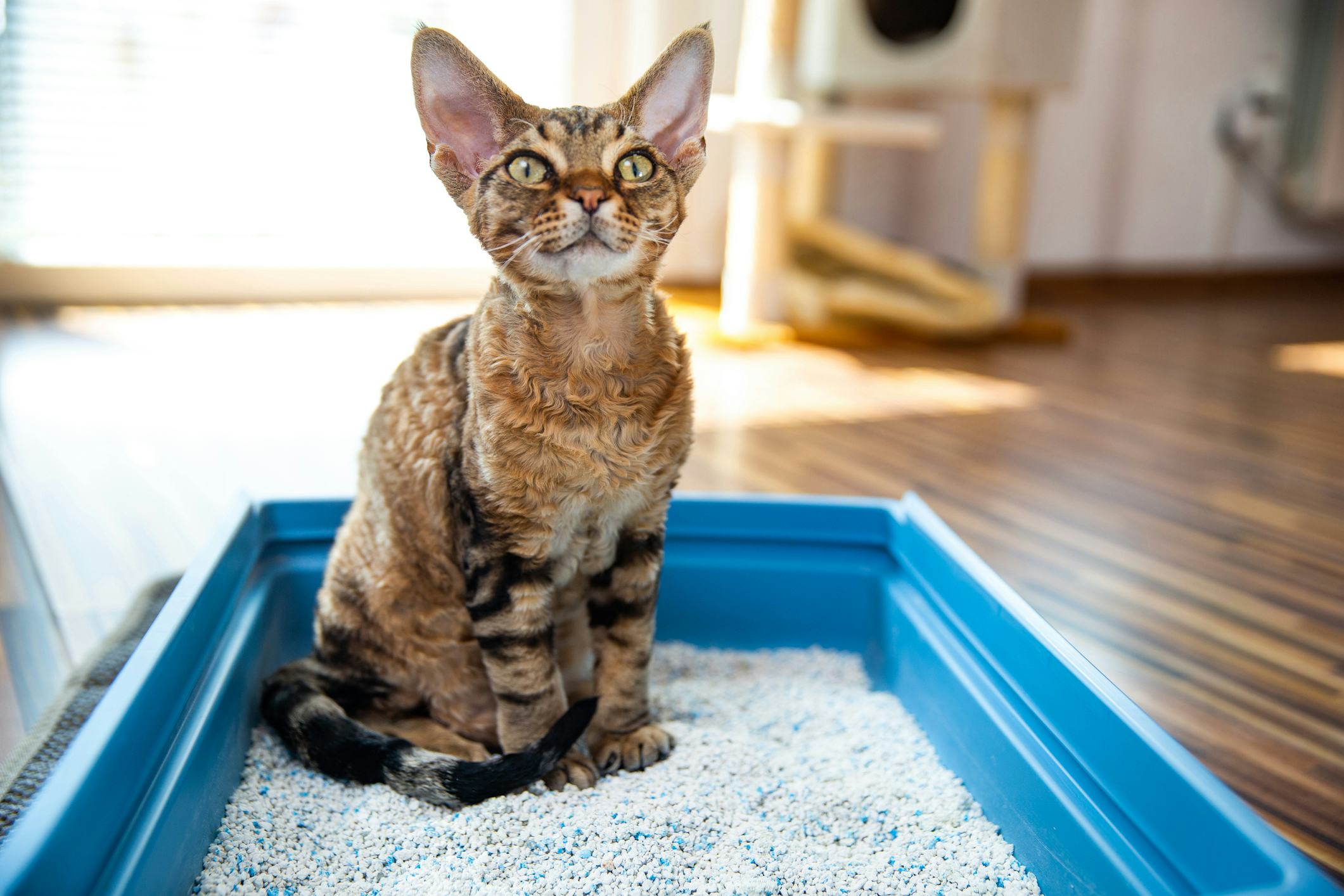Why Flushing Cat Poop Down Your Toilet Isn't a Good Idea - Tips for Safer Disposal
Why Flushing Cat Poop Down Your Toilet Isn't a Good Idea - Tips for Safer Disposal
Blog Article
The article author is making a number of good points on Don’t flush cat feces down the toilet in general in this post down the page.

Intro
As pet cat proprietors, it's necessary to be mindful of how we deal with our feline good friends' waste. While it might seem practical to purge pet cat poop down the commode, this method can have detrimental consequences for both the environment and human health.
Environmental Impact
Flushing feline poop presents unsafe microorganisms and parasites into the water, positioning a significant danger to marine ecosystems. These contaminants can adversely impact aquatic life and concession water top quality.
Health Risks
In addition to ecological issues, flushing pet cat waste can also position health threats to people. Cat feces might contain Toxoplasma gondii, a bloodsucker that can cause toxoplasmosis-- a potentially extreme health problem, particularly for pregnant ladies and people with damaged body immune systems.
Alternatives to Flushing
Luckily, there are safer and more liable methods to take care of cat poop. Consider the adhering to alternatives:
1. Scoop and Dispose in Trash
The most typical technique of getting rid of feline poop is to scoop it right into a naturally degradable bag and toss it in the garbage. Make sure to utilize a dedicated trash inside story and deal with the waste promptly.
2. Use Biodegradable Litter
Choose eco-friendly pet cat litter made from products such as corn or wheat. These clutters are environmentally friendly and can be safely disposed of in the trash.
3. Bury in the Yard
If you have a backyard, take into consideration burying cat waste in a designated location far from vegetable gardens and water resources. Make certain to dig deep sufficient to prevent contamination of groundwater.
4. Install a Pet Waste Disposal System
Purchase a pet garbage disposal system especially made for pet cat waste. These systems use enzymes to break down the waste, lowering smell and ecological effect.
Final thought
Responsible animal possession prolongs beyond providing food and sanctuary-- it likewise entails correct waste administration. By refraining from purging pet cat poop down the toilet and selecting alternative disposal methods, we can reduce our environmental footprint and secure human health.
Why You Should Never Flush Cat Poop Down the Toilet
A rose by any other name might smell as sweet, but not all poop is created equal. Toilets, and our sewage systems, are designed for human excrement, not animal waste. It might seem like it couldn’t hurt to toss cat feces into the loo, but it’s not a good idea to flush cat poop in the toilet.
First and foremost, assuming your cat uses a litter box, any waste is going to have litter on it. And even the smallest amount of litter can wreak havoc on plumbing.
Over time, small amounts build up, filling up your septic system. Most litter sold today is clumping; it is made from a type of clay that hardens when it gets wet. Ever tried to scrape old clumps from the bottom of a litter box? You know just how cement-hard it can get!
Now imagine just a small clump of that stuck in your pipes. A simple de-clogger like Drano isn’t going to cut it. And that means it’s going to cost you big time to fix it.
Parasitic Contamination
Believe it or not, your healthy kitty may be harboring a nasty parasite. Only cats excrete Toxoplasma in their feces. Yet it rarely causes serious health issues in the cats that are infected. Most people will be fine too if infected. Only pregnant women and people with compromised immune systems are at risk. (If you’ve ever heard how women who are expecting are excused from litter cleaning duty, Toxoplasma is why.)
But other animals may have a problem if infected with the parasite. And human water treatment systems aren’t designed to handle it. As a result, the systems don’t remove the parasite before discharging wastewater into local waterways. Fish, shellfish, and other marine life — otters in particular — are susceptible to toxoplasma. If exposed, most will end up with brain damage and many will die.
Depending on the species of fish, they may end up on someone’s fish hook and, ultimately on someone’s dinner plate. If that someone has a chronic illness, they’re at risk.
Skip the Toilet Training
We know there are folks out there who like to toilet train their cats. And we give them props, it takes a lot of work. But thanks to the toxoplasma, it’s not a good idea.

We are very fascinated with Don’t flush cat feces down the toilet and I'm hoping you enjoyed the blog entry. So long as you enjoyed reading our blog posting if you please make sure you remember to share it. Many thanks for going through it.
Schedule An Appointment Report this page